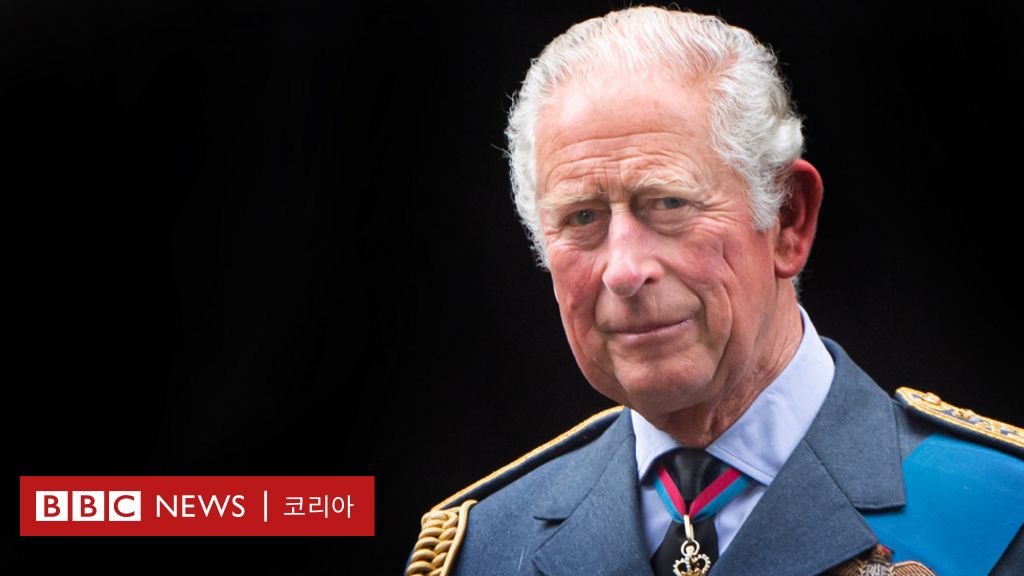Friday 9 September 2022 – 11:06
Al Ain, 9 September / WAM / A group of researchers from the Division of Existence Sciences of the Higher education of Science of the University of the United Arab Emirates, in collaboration with numerous intercontinental researchers and centers in Russia, managed to detect an unidentified kind of crustacean “Diplostraka” of microorganisms in the animal kingdom of a semicircular region. Arabia is in the group of frequent species.
The discovery was published amongst the most prestigious scientific journals in the globe, led by Professor Walid Hamza of the Section of Lifestyle Sciences of the University of Science of the College of the United Arab Emirates, by Professor Alex Kotov, by researcher Anna Nertina of the Severtsov Institute of Ecology and Evolution in Russia, and Dr. Khaled Amiri, director of the Khalifa Center for Biotechnology and genetic engineering, researchers from the Babinin Institute of Inland H2o Biology at the Russian Academy of Sciences and a master’s university student from the Office of Lifestyle Sciences, the Professor Shamma Al Neyadi, who spent 21 times at the Russian Institute perfecting his drawings employing the world’s most sophisticated Lucida digital camera.
Lead researcher Professor Walid Hamza stated: “I feel that the discovery of new species that have grown in momentary freshwater bodies will open the door for lots of researchers to examine different environments not only in the UAE, but in the peninsula. arabica, wherever this region nonetheless has a whole lot to explore, in reality, increasing our investigate area and collaborating with globe-class institutes will positively greatly enhance our analysis abilities, especially when young researchers from UAE citizens will take part, which it will lead to setting up countrywide capacities able of exploring the methods in their land ”.
He included: “The relevance of this scientific discovery lies in raising the users of the biodiversity list of residing organisms, specifically in the UAE. A actuality that improves the price of conserving wetland ecosystems as a critical useful resource that preserves the terrestrial setting and the lifestyle creatures within it .. Wherever researchers have observed a new kind of organism. Microorganisms in the deserts of the Arabian Peninsula, and this discovery makes it possible for to address some challenges connected to the historical past of these daphnids in the northern hemisphere , and to follow the chain of dispersal of these microorganisms across North Africa and the Middle East, and the staff was capable to research the distribution styles of biodiversity and the history of its formation in continental waters, because most of the scientific publications on this course refer to the subgenus, while identical experiments have not been done, for i microorganisms that are living predominantly in non permanent waters. ”
He defined: “We were being ready to reach the identity of the organism, which was discovered as a new species and we named it” Daphnia arabica sp. nov. to refer to its presence in the Arabian Peninsula “and to distinguish it from other species, those belonging to another team, which life largely in momentary bodies of contemporary drinking water, the place the researchers collected a standard sample of dry sediment at the rear of the dam basin by Al Shuwaib / Al Ain Town / in March 2018. Disassembled organisms were isolated and grown in the Marine Biology Laboratory at the University of Science of the University of the United Arab Emirates, with the assist of the Khalifa Centre for Genetic Engineering and Biotechnology and of the Russian Academy of Sciences in Moscow., an external morphology making use of the “Lucida Digital camera” and more in-depth genomics analysis of the farmed species.
–
Wam / Ali Salem / Dina Omar
–


